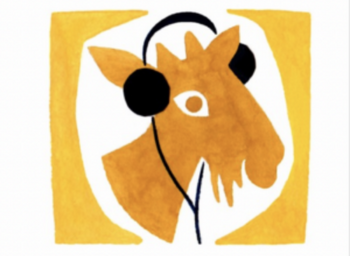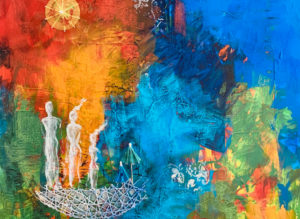An Introduction to the Notorious BKG (Barbara Kirshenblatt-Gimblett)
Published Sep 25, 2022

The Shmooze ep.0288: "Barbara Kirshenblatt-Gimblett in Conversation", Yiddish Book Center
(35 min) Way before anyone had heard of RBG, there was BKG. Barbara Kirshenblatt-Gimblett that is, radically re-defining the meaning of Eastern European Jewish culture for three generations, that came of age in the late twentieth century and, so far, for two more comings of age in the twenty-first. From the moment she arrived at NYU as a young professor promoting a new field called “Performance Studies” in the early 1970s, she led the way in showing the hippest students in the hippest college program in the hippest city (and hundreds, if not thousands, of their closest friends) everything about Jewish culture that generations of Hebrew School and Jewish Day school teachers had tried their very hardest to bury. Low and behold, with a little nudge from Barbara, the stone that had been rejected became the chief cornerstone.
I remember well the night I met her back in 1980. Klezmer pioneer Henry Sapoznik and I had gone to Boro-Park to catch the Bobover Hasidim’s midnight Purim shpil. Right before the Rebe’s grand entrance, in marched Barbara with around thirty NYU students, heading straight for the balcony to experience some serious alternative Yiddish entertainment. I only wish I could have been present for the debriefing session in her classroom the next day.
Her mode of transport has always been “The Magic School Bus,” whether she was working on the award-winning film Image Before My Eyes, writing “A Brief History of the Bagel”, curating the permanent exhibit for Warsaw’s POLIN Museum of the History of Polish Jews, co-editing The Art of Being Jewish in Modern Times, collecting Yiddish folksongs from survivors (including members of her own family), publishing her Holocaust survivor father’s paintings of scenes remembered from his childhood in pre-war Poland (as greeting cards), writing the seminal essay on the meaning of the klezmer revival, gathering recipes for yet another essential Jewish cookbook, or advising me on my own doctoral dissertation while sitting on a bench in the middle of Washington Square Park. (“No, for the third time, I don’t want to buy any heroin today!”).
And where can you meet this force of nature who never stands still, you might ask? Well, if you happen to have a half hour to spare, check out this podcast from the Yiddish Book Center. I can guarantee that, after you hear it, you’ll never think of Eastern European Jewish culture the same way again.
Hankus Netsky is a multi-instrumentalist, composer, and ethnomusicologist.
Reflections
Ask yourself
How much do you know about Eastern European Jewish culture or history (outside of Holocaust studies)?
Reflect
How important is it to preserve Jewish culture(s)? Why?
From generation to generation
Do you have a mentor that has impacted your life? Talk about that relationship and how it's helped you grow.
Want more?
Get curated JewishArts.org content in your inbox


